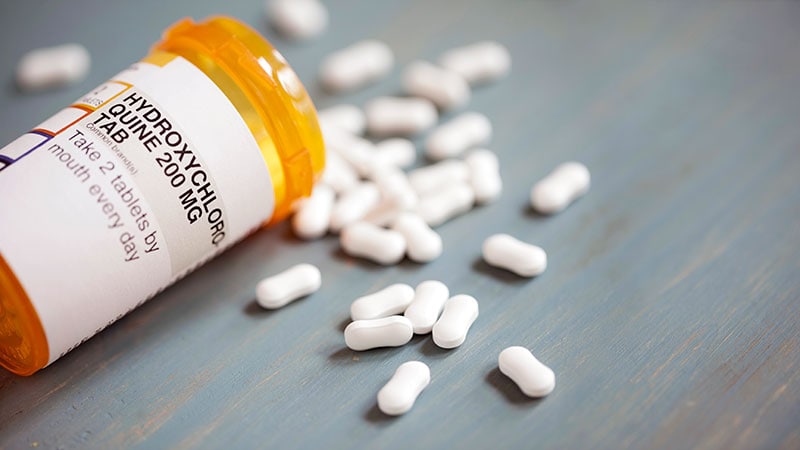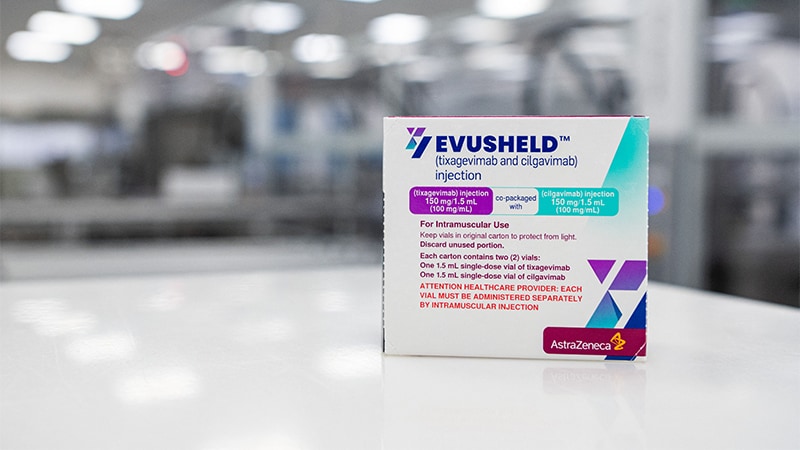NICE has published guidelines on treating dermatological conditions with drugs affecting the immune response during the COVID-19 pandemic. Here, Univadis provides a summary of the key recommendations:
General recommendations
- Be aware that patients taking drugs that affect the immune system may have atypical presentations of COVID‑19, for example, patients taking prednisolone may not develop a fever.
- Communicate with patients, their families and carers about their increased risk of severe COVID-19.
- Support their mental health needs, alleviating anxiety and fear.
- Minimise face-to-face contact whenever possible.
- For face-to-face appointments, first screen for COVID-19 symptoms by phone. Advise that they should contact NHS 111 if they think they have COVID‑19. They should also inform the dermatology team for advice about their immunosuppressive therapies.
- Ask patients to attend face-to-face consultations alone if possible and to avoid public transport.
- Minimise time in the waiting area.
- Consider the resource implications of treatment decisions.
Starting or continuing treatment
When deciding whether to start or continue treatment with drugs affecting the immune response, consider:
- Is it essential to continue or start this drug immediately?
- Is there an alternative treatment with a better risk profile?
- Are monitoring and review feasible?
- Can monitoring be done remotely or less often?
- Are there any changes to the dose, route of administration or mode of delivery that could reduce risk?
Risk stratification
The British Association of Dermatologists has published a risk stratification grid.
The following are considered high risk for COVID-19:
- Any two agents within the following classes: immunosuppressive medications (e.g. ciclosporin, azathioprine as below), biologics/monoclonals (e.g. anti-TNFs, IL17 agents as below) or novel small molecule immunosuppressants (e.g.apremilast), with exceptions.
- Corticosteroid dose of ≥20 mg (or 0.5 mg/kg) prednisolone (or equivalent) per day for >4 weeks.
- Corticosteroid dose of ≥5 mg prednisolone (or equivalent) per day for >4 weeks plus ≥1 other immunosuppressant, biologic/monoclonal or novel small molecule immunosuppressants (e.g. JAK inhibitors).
- Cyclophosphamide at any dose orally or if received IV dose within last 6 months.
- Rituximab or infliximab when prescribed primarily for skin conditions.
Topical treatment
- In patients with known or suspected COVID‑19, continue topical treatments.
- Consider treating new-onset conditions with topical treatments rather than new systemic treatments that affect the immune system.
Systemic treatment
In patients with known or suspected COVID‑19:
- do not suddenly stop oral corticosteroids.
- continue hydroxychloroquine, chloroquine, mepacrine, dapsone and sulfasalazine.
- consider pausing all other oral immunosuppressive therapies, novel small-molecule immunosuppressants, biological therapies and monoclonal antibodies.
When deciding whether to stop treatment, discuss the risks and benefits with the patient, or their parent or carer
Support
- Provide acute and emergency dermatology advice to GPs to avoid unnecessary hospital attendances.
- Consider pooling resources with other specialities and NHS trusts.


